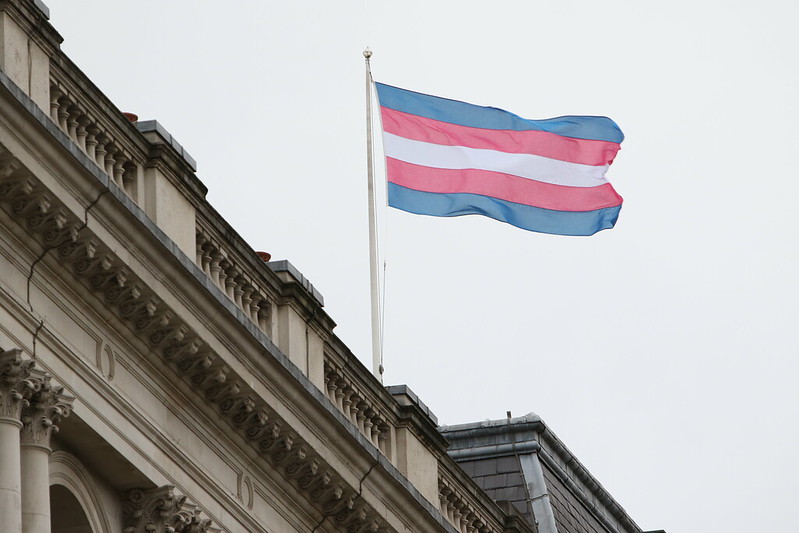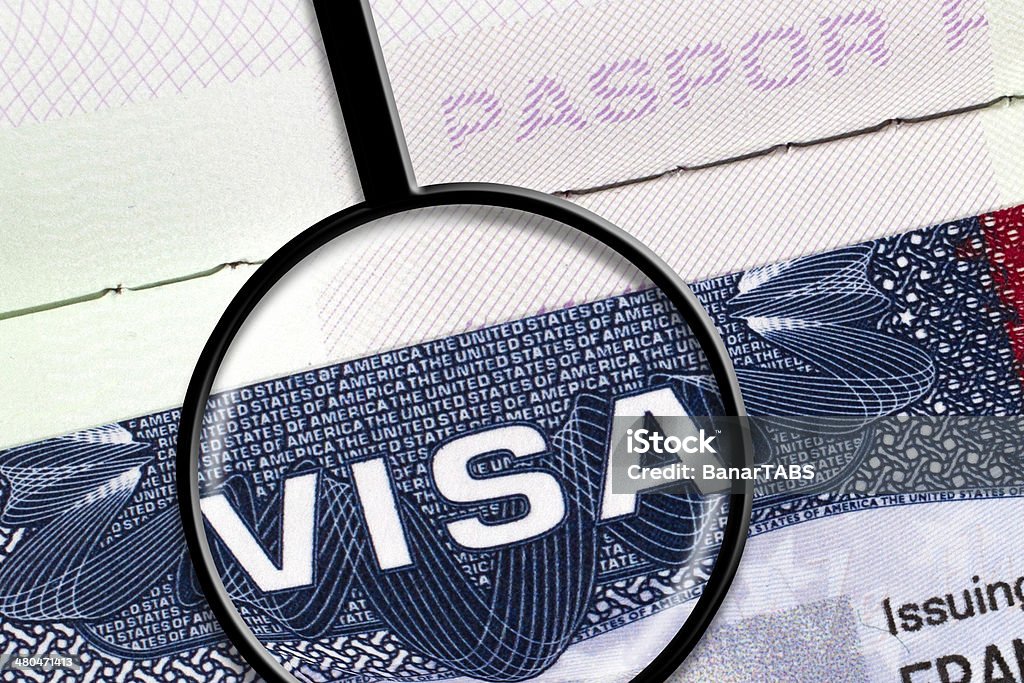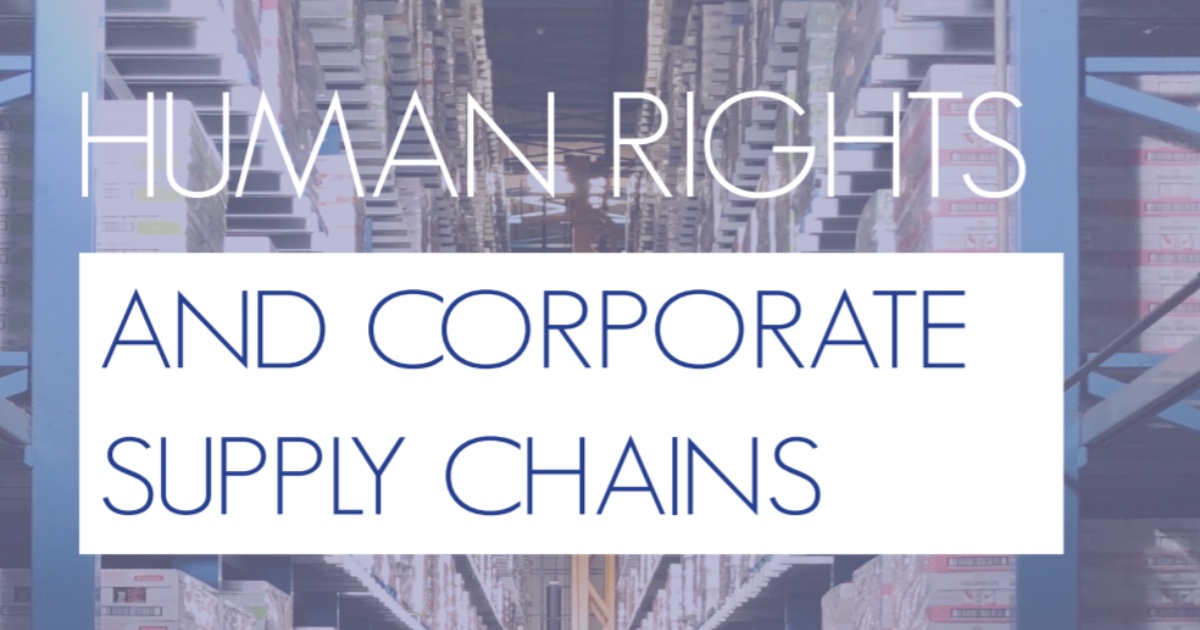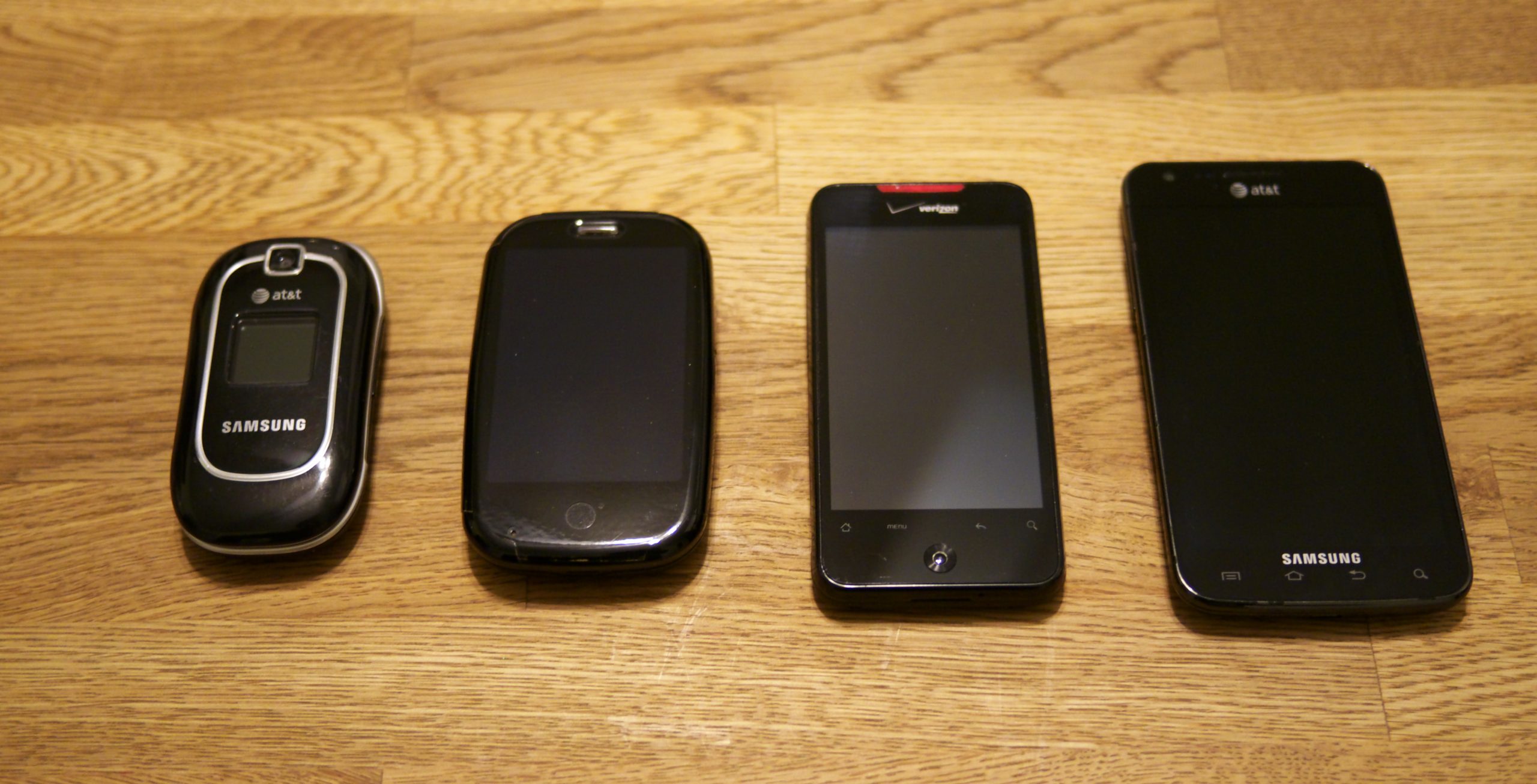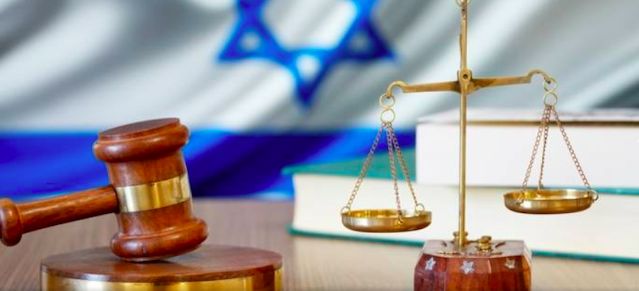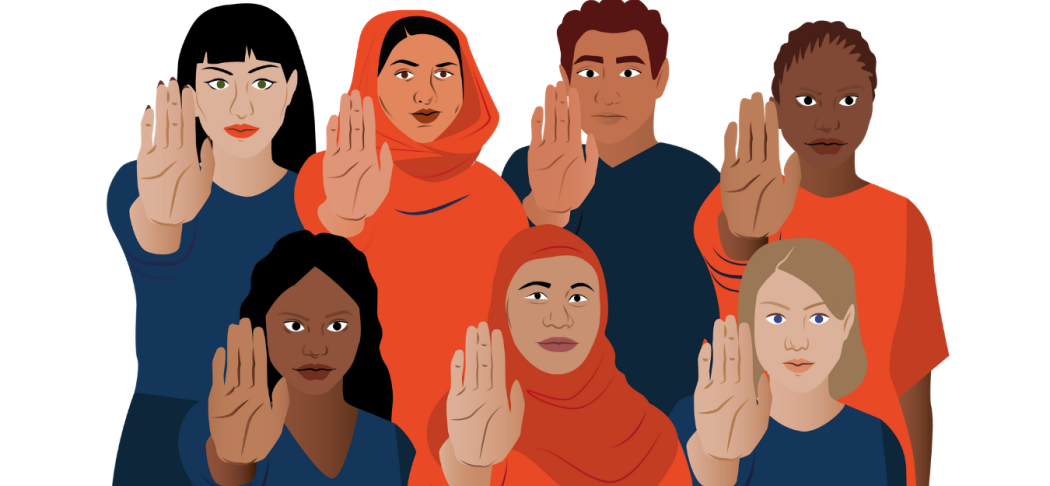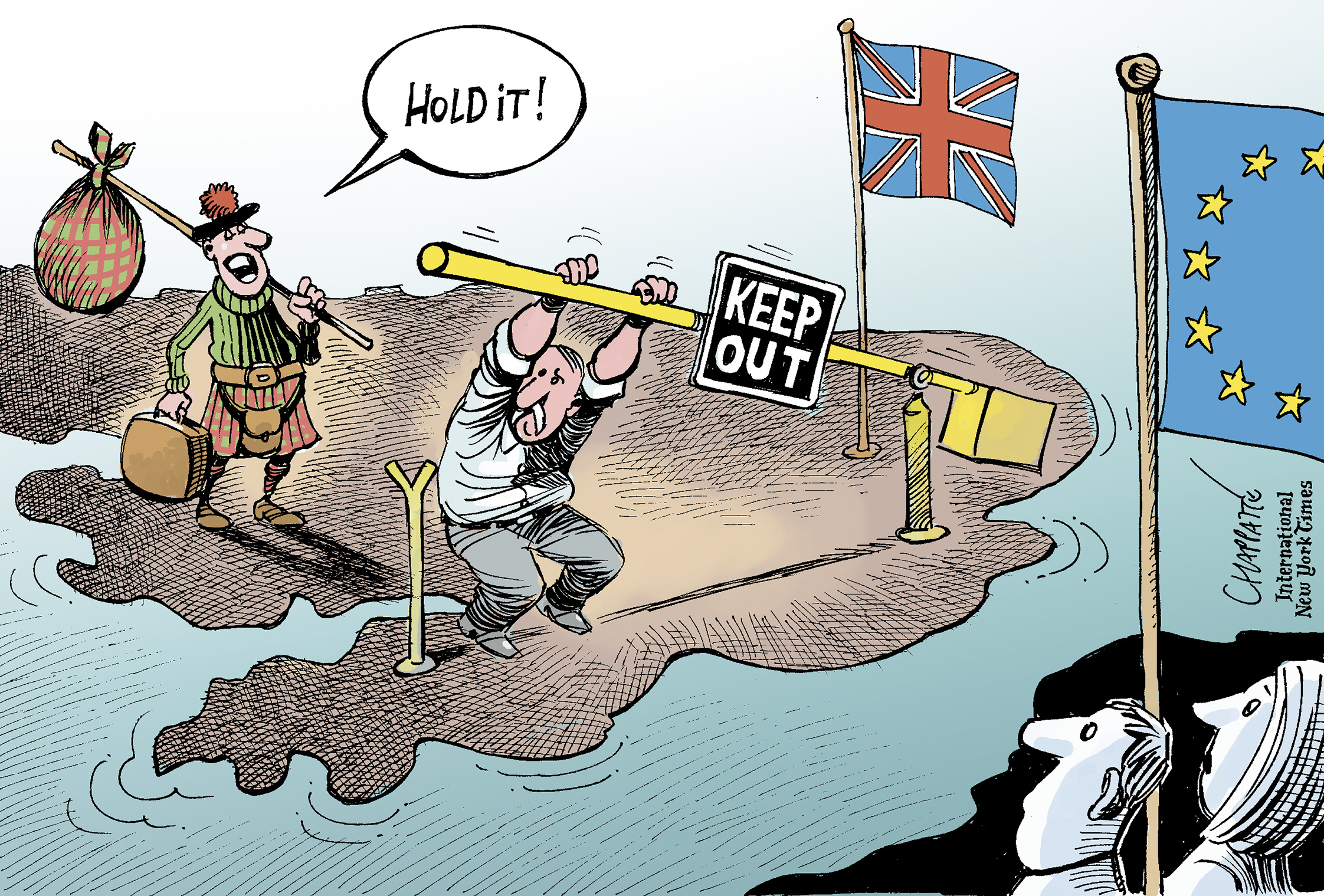Beyond the Binary: Centering TGNC Rights in International Prison Reform
In response to contemporary concerns and calls to address the unprecedented expansion of the prison industrial complex, the international legal community highlighted the rights and dignity of incarcerated individuals as a focal point of modern human rights discourse. [1]While the United Nations (U.N.) has addressed special considerations for incarcerated women and children, the unique needs … Read more

